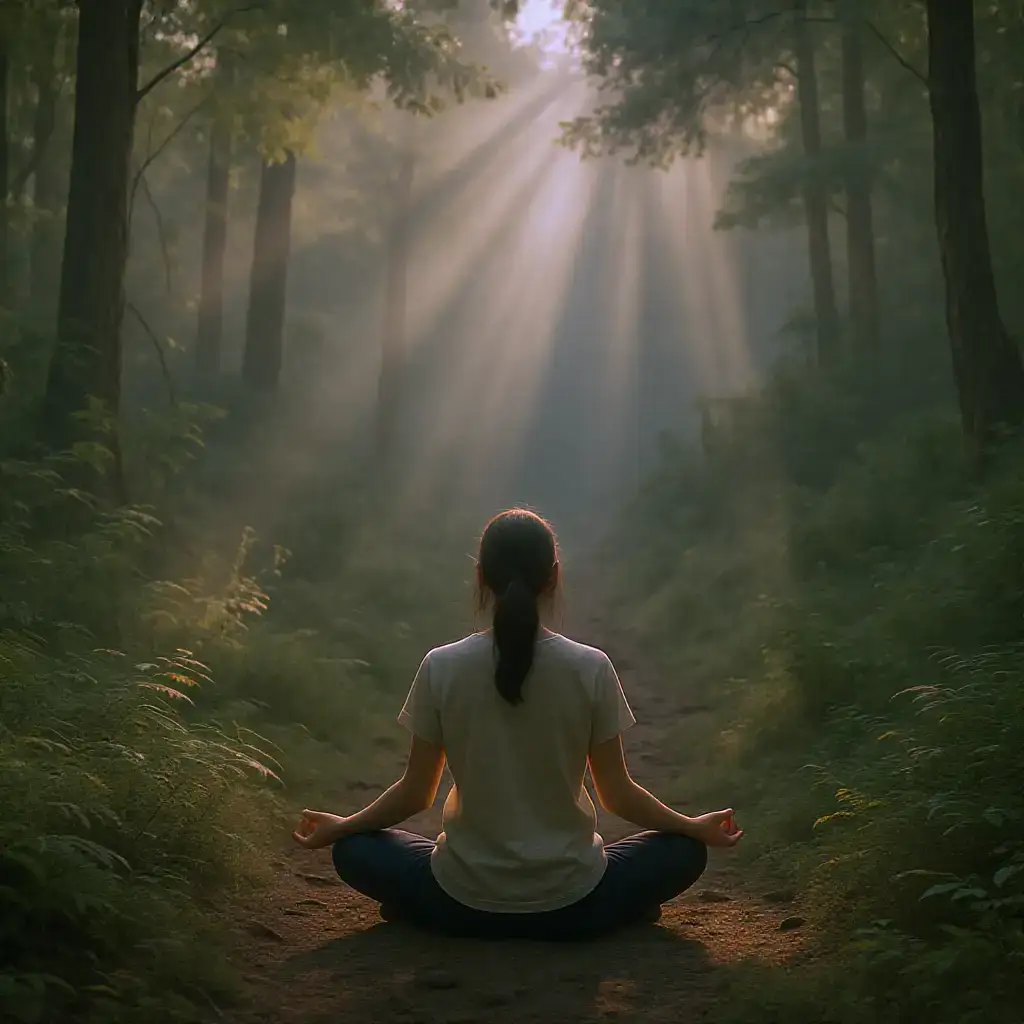The Benefits of Solitude
Solitude can often be seen as a negative state, but it can offer profound benefits when embraced positively. Taking time alone allows for self-reflection, creativity, and personal growth. This article will explore the various dimensions of solitude, emphasizing its transformative potential.
Enhancing Self-Reflection
Self-reflection is a critical component of personal development. When alone, individuals can dive deep into their thoughts and feelings, leading to greater self-awareness. This practice enables people to evaluate their lives, recognize patterns, and foster personal improvement. The importance of self-reflection cannot be overstated; it serves as the bedrock for understanding one's motivations and behaviors.
Key Aspects of Self-Reflection
- Understanding personal values: Identifying what truly matters to you guides your decisions.
- Identifying strengths and weaknesses: Acknowledging areas for improvement can enhance your skills.
- Setting future goals: Clear goals provide direction and purpose in life.
- Assessing life choices: Reflecting on past decisions helps in making better future choices.
- Recognizing emotions: Understanding your emotional responses can improve relationships with others.
Self-Reflection Techniques
- Journaling: Writing down thoughts can help clarify emotions and track progress. Keeping a daily journal is proven to enhance mental well-being.
- Mind mapping: Visually organizing thoughts encourages deeper insight. This technique is often used in brainstorming sessions by professionals across various fields.
- Meditation: Practicing mindfulness allows one to observe thoughts without judgment. Research indicates that mindfulness meditation can lead to increased emotional regulation.
- Nature walks: Spending time in nature while reflecting can enhance clarity of thought. Studies show that walking in natural environments can improve cognitive function and reduce stress.
- Artistic expression: Drawing or painting can serve as a medium for self-reflection. Engaging in creative activities has been linked to enhanced problem-solving skills.
Boosting Creativity
Solitude provides the mental space necessary for creative thinking. Many artists and innovators find that their best ideas come during moments of solitude. For instance, renowned author Virginia Woolf famously stated:
"For most of history, Anonymous was a woman." – Virginia Woolf
This quote highlights the need for solitude in fostering creativity, particularly in environments that may otherwise suppress individual expression. Creative professionals often seek out solitary spaces to cultivate their ideas and challenge conventional wisdom. According to a study conducted by the University of California, Berkeley, spending time alone can enhance divergent thinking, which is essential for creativity.
Ways Solitude Enhances Creativity
- Elimination of distractions: Being alone allows focus on tasks without external interruptions.
- Time for exploration of new ideas: Solitude can inspire the exploration of novel concepts and avenues.
- Increased ability to think outside the box: Being unencumbered by societal expectations encourages innovative thinking.
- Enhanced problem-solving skills: Solitary reflection allows for more profound analytical thinking.
- A deeper connection with one's art: Artists often find their true voice when they are alone with their work.
Case Study: Famous Creative Minds
| Name | Profession | Notable Work | Time Spent in Solitude |
|---|---|---|---|
| Henry David Thoreau | Writer/Philosopher | Walden | 2 years in the woods |
| Pablo Picasso | Artist | The Weeping Woman | Numerous retreats throughout life |
| Toni Morrison | Author | Sula | Adequate alone time for writing process |
| Sylvia Plath | Poet/Author | The Bell Jar | A significant period of isolation during writing phases |
| Maya Angelou | Poet/Author | I Know Why the Caged Bird Sings | A hotel room for writing each day without distractions |
The influence of solitude on creativity extends beyond the arts:
- Steve Jobs:The co-founder of Apple often took long walks alone to brainstorm ideas.
- Bertolt Brecht:This German playwright frequently isolated himself to work on his influential plays, emphasizing the need for contemplation before creation.
The creative process is highly individualistic; many successful individuals have highlighted the importance of having dedicated time for themselves:
"I think I’m more creative when I’m alone." – Maya Angelouh4>An Overview of Artistic Retreats
| Name of Retreat | Location | Description |
|---|---|---|
| The MacDowell Colony | Peterborough, New Hampshire, USA | A prestigious artist residency offering time away from regular commitments for artists across disciplines. |
| The Banff Centre for Arts and Creativity | Banff, Alberta, Canada | A hub for artists that offers workshops and solitary time for developing artistic projects. |
While solitude is a choice that can lead to personal growth, loneliness is often an involuntary feeling of isolation. Understanding this difference is vital for emotional well-being. In fact, research shows that prolonged loneliness can have detrimental effects on mental health, including increased anxiety and depression. According to a study published by the National Institute on Aging, loneliness increases the risk of health issues such as cardiovascular disease and cognitive decline.
h3>Differentiating Between Solitude and IsolationSolitude is a voluntary state where one can enjoy their own company, while isolation often leaves individuals feeling disconnected from others. This distinction is important as it influences how we perceive our alone time. Here are some key differences:
| Aspect | Solitude | Isolation | |----------------|-----------------------------------------|-----------------------------------------| | Choice | Voluntary | Involuntary | | Emotional State | Often positive; leads to peace | Often negative; leads to sadness | | Purpose | Self-discovery and reflection | Disconnection from social ties | h3>The Psychology of LonelinessThe American Psychological Association reports that loneliness affects about 61% of adults in the U.S. at some point in their lives. Strategies to combat loneliness include:
- Cultivating meaningful relationships with friends and family.
- Joining clubs or groups that align with personal interests.
- Pursuing volunteer opportunities to foster connections with others.
- Engaging in community activities or local events.
- Seeking professional help if feelings persist.
| Description | % Affected Adults (U.S.) |
|---|---|
| Total Adults Experiencing Loneliness at Some Point in Life | 61% |
| Seniors Experiencing Chronic Loneliness | 43% |
| Youths Affected by Social Media Loneliness | 30% |
While loneliness is often viewed negatively, it also offers opportunities for personal growth if navigated wisely. Here are some potential positives:
h3>Coping Mechanisms- Acknowledging feelings: Understanding that it's normal to feel lonely at times is crucial.



